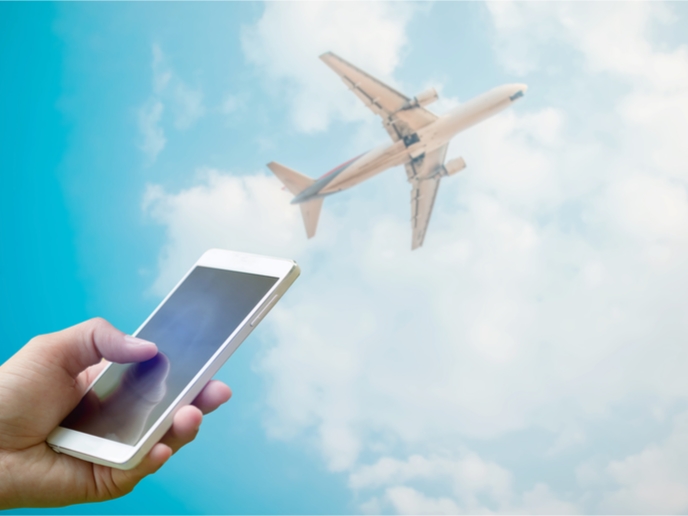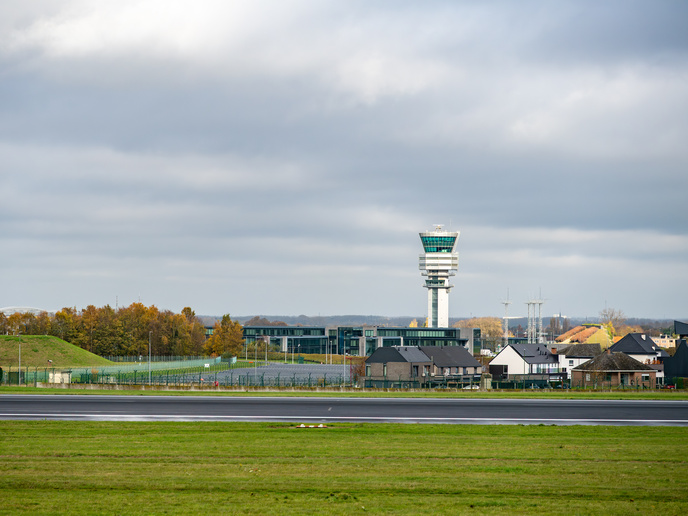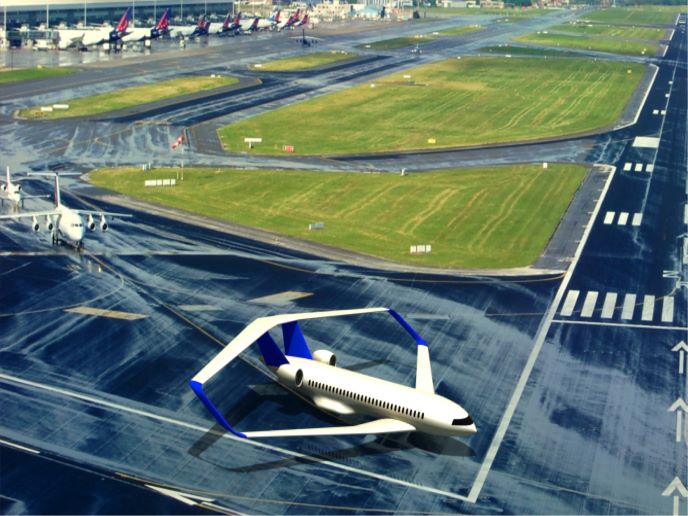A new air travel buddy that is always by your side
Introducing the new technology, Dr Halid Hrasnica, project coordinator says: “The DORA(opens in new window) project has created a seamless and integrated information system which helps air passengers to optimise travel time of an entire Door-to-Door journey.” The system has been made with necessary software platforms and end user applications, which together help guide passengers from their home, through the departure and arrival airports, and to their final destination. The integrated solution provides a single point of visualisation, via smart phone application (app), of the overall trip eliminating the need for combining information (public transport schedules, tickets, maps, etc.). “Otherwise, these have to be manually collected by travellers from different and heterogeneous sources of relevant information,” points out Hrasnica. What this means for air passengers is that once they input their travel details into the DORA app, they will receive messages en route to their destination providing them with valuable information and options. For example, if there is traffic congestion, the app will notify the user of this and provide options as to how they can avoid it such as taking public transport. If such an option is selected, the app can purchase a ticket for the user. Then once inside the airport, the app guides passengers to their departure gate. Testing the system’s feasibility “During the project, the DORA system has been implemented and tested in realistic environments involving the cities of Berlin and Palma de Mallorca as well as the corresponding airports with involvement of real end users in the DORA pilot,” outlines Dr Hrasnica. Those who participated in the pilot were highly satisfied by its convenience and its potential to save passengers from overall travel time. Furthermore, functional and performance testing of the entire DORA system and all its components have been successfully performed. Dr Hrasnica adds: “Transferability of the DORA solution has been ensured, so it can be implemented in other cities and or regions and airports further beyond Berlin and Palma.” Rising above challenges The DORA pilot commenced in summer 2017 whereby the initial testing of the smart phone app and other DORA services was carried out by friendly users. The aim at this stage was to start the major pilot phase in August 2017. While everything was going according to plan, DORA faced an obstacle completely out of their hands when major flights between Berlin and Palma de Mallorca were cancelled. As disrupting as this was, the DORA pilot commenced with the relaunch of flight operations by other airlines in 2018. What’s in store for the DORA system? The DORA framework has high exploitation potential. However, for it to become profitable and ready to compete with large players world-wide, it must reach a critical mass of people including customers, users and solution providers. Therefore, “the project consortium decided to establish a DORA Forum, to be maintained in order to create a DORA community,” Dr Hrasnica explains. This will help the project to establish enough synergies among various relevant stakeholders to ensure the take-off of DORA technologies on a larger scale, for example in Europe.







